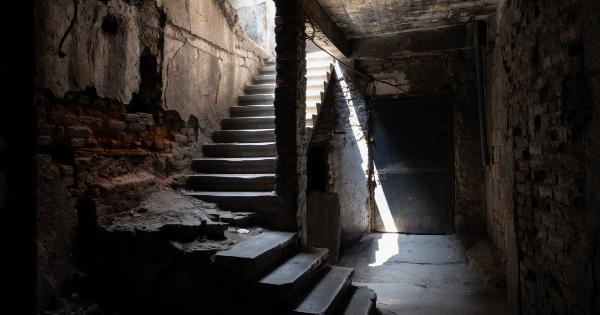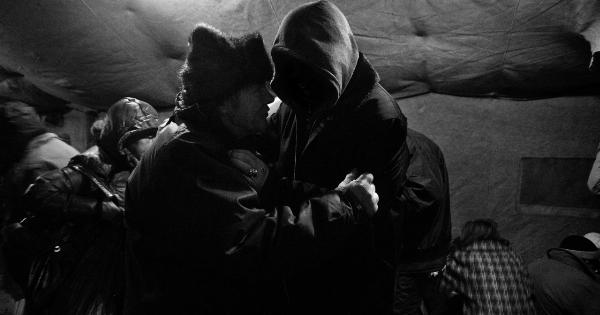The denervation of British history has caused an amnesia that is slowly erasing the knowledge of the past.
This is due to the failure of the current generation to recognize and appreciate the importance of history, not only to the country but also to the generation that comes after us. Denervation refers to the cutting off of the blood supply to certain parts of the body leading to the death of that area.
In a similar way, the disconnection of the current generation of Britons from their history has led to the loss of knowledge and understanding of their country’s past. It is essential to explore how this problem has occurred and what can be done to reverse it.
Root Causes of Denervation
There are several reasons for the denervation of British history, including:.
- Education System – One of the primary reasons for the denervation of British history is the education system. The curriculum does not adequately cover the history of the country. Most of the focus is on world history, and very little time is dedicated to British history.
- Lack of Interest – Many young people today have no interest in history, and they see no need to learn about the past. This disinterest is often fueled by the perception that history is boring, irrelevant, or useless.
- Cultural Changes – The cultural changes and the increasing focus on individualism have led to a disconnection from the past and the history of the country. People are more focused on the present and the future than the past.
- Revisionism – There is also a growing trend of revisiting history and rewriting it to suit modern sensibilities. While the intention is to correct the perceived injustices of the past, in some cases, the revisionism can lead to the loss of historical accuracy and context.
Effects of Denervation
The effects of denervation are numerous, and they are all detrimental to the country. Some of the effects include:.
- Loss of National Identity – A lack of understanding of British history can lead to the loss of national identity. The country’s history is an essential part of its identity, and without it, the country risks losing its sense of purpose and direction.
- Misinterpretation of Current Events – A lack of historical knowledge can lead to the misinterpretation of current events. Without the context of the past, events can be misjudged, leading to incorrect conclusions and decisions.
- Loss of Cultural Heritage – A loss of knowledge of the past can lead to the loss of cultural heritage. Without an understanding of where the country has come from, it is impossible to preserve its cultural traditions and historical sites.
- Loss of Wisdom – The study of history provides wisdom and perspective that is invaluable in decision making. Without an understanding of the past, people are doomed to repeat the mistakes of the past.
Solutions to Denervation
There are several solutions to the problem of denervation. Some of these solutions include:.
- Education Reform – One of the most significant solutions to denervation is education reform. The curriculum must be revised to include more British history, and students should be encouraged to take an interest in the subject.
- Community Outreach – The community should be encouraged to take an interest in history and to explore the historical sites in their area. This can be done through guided tours, educational programs, and historical reenactments.
- Encouraging Historical Research – Historical research should be encouraged through grants, scholarships, and other incentives. This can help to correct any historical inaccuracies and to preserve the historical record for future generations.
Conclusion
In conclusion, the denervation of British history is a significant problem with far-reaching consequences.
The lack of knowledge and understanding of the past can lead to the loss of national identity, misinterpretation of current events, loss of cultural heritage, and loss of wisdom. While there is no quick fix for this problem, education reform, community outreach, and encouraging historical research can help to reverse this trend and preserve the historical record for future generations.































